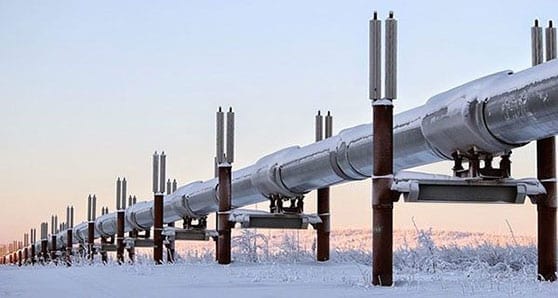Alberta’s economy will get back on track in 2020 after a mild recession this past year, says a new report released Thursday by the Conference Board of Canada.
In its Provincial Outlook, the board said weakness in the energy sector resulted in GDP falling 0.2 per cent last year in the province.
“Difficult operating conditions in the energy sector led many oil and gas companies to slash their 2019 spending plans, deleverage debt, and focus on shoring up their financial positions. The bad news on the energy front was not contained to investment,” said the report. “Oil production was limited under the government-imposed cap, and a number of oil sands facilities suspended operations for maintenance.
“The good news is that business conditions in the energy sector are improving and oil and gas will once again be a driving force of the economy over the medium term. However, some of this improvement will be tempered by the impact of the provincial government’s austere fiscal agenda. Overall, Alberta’s real GDP will grow 2.2 per cent this year and 2.3 per cent next year.
“On the energy front, the factors influencing business decisions in the oil sands are set to turn around. Midstream companies, such as Enbridge and TC Energy, have found ways to increase the flow of oil through their pipelines, and the provincial government continues to raise its production cap. This all adds up to more growth opportunities in the oil sands. And the opportunities should continue to improve with many of the bigger milestones, such as Enbridge Line 3 and the TMX project, still to come in the not-too-distant future.”
But the conference board warned that Alberta’s outlook is not so bright when it comes to government spending.
“Its public sector is one of the largest employers and sources of job growth in the province. With various departments facing harsh spending cuts, new hires will be limited—and, in some cases, layoffs are imminent. This public restraint will push the province’s unemployment rate up over the forecast despite job growth in the energy sector, as labour productivity in the public sector is about one-tenth of that in the oil and gas sector, where efficiency has been increasing substantially. As a result, fluctuations in public sector economic output have a greater impact on labour market performance,” sadi the conference board’s report.
The report said the Canadian economy is expected to expand by 1.8 per cent this year and 1.9 per cent next year as energy investment recovers and solid disposable income growth supports household spending.
But the report said the coronavirus is expected to lower tourism spending by around $550 million in the first half of this year.
“Over the near team, we expect growth in the Canadian economy to remain steady,” said Matthew Stewart, Director, Economic Forecasting at the conference board. “However, one of the emerging risks to the economic outlook is COVID-19 (novel coronavirus) and the impact it will have on global economic growth. At this stage it is still difficult to estimate the magnitude of the outbreak, but there’s little doubt that Canada’s economy will be impacted.”

